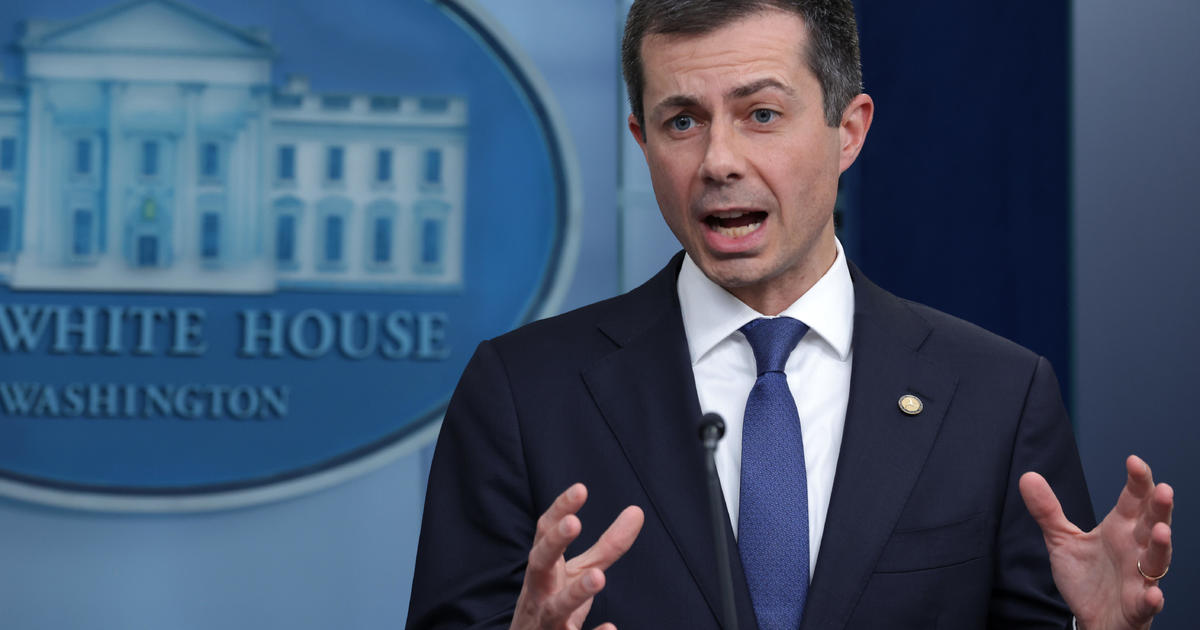What to watch for as Obamacare gets Trumped
Like so many aspects of the Trump administration, change has come through executive order and new agency rules and regulations, not necessarily legislation. Witness the controversial expansion of offshore drilling or the recent operations review at the Consumer Financial Protection Bureau.
Health care is no exception. Just as consumers have finished the grueling process of signing up for Affordable Care Act coverage for 2018, the administration has put through a host of moves that further undercut the health insurance exchanges and may significantly change how health insurance is sold in the future.
Here's a look at two major changes consumers may want to be aware of.
Association health plans (AHPs)
Last October, President Trump signed an executive order requiring government officials to look into several health care initiatives including significantly broadening rules regarding so-called association plans. These health insurance policies are sold to employees of small businesses that band together to offer more affordable group insurance coverage.
Earlier this month, the Department of Labor followed up and announced a proposed rule change that would allow associations to form solely for the purpose of providing health coverage and include members across a variety of industries. Membership may be nationwide, meaning insurance may be sold across state lines, potentially making it harder to regulate.
In addition, the new rule would allow sole proprietors to join association plans, even if they have no employees. These are all big changes from the way association plans currently work. The proposal is currently in the midst of the required 60-day comment period.
Proponents of the change say fewer restrictions will help small businesses and sole proprietors find much needed affordable health insurance. Individuals who work for small businesses and make too much to qualify for ACA subsidies are facing extremely high premium costs.
But health care advocates worry that consumers may end up with less comprehensive coverage. For instance, "AHPs would not have to cover the Affordable Care Act's list of essential health benefits, so they could -- and likely would -- exclude or sharply limit coverage of benefits such as mental health care, substance use disorder services and prescription drugs," wrote Sarah Lueck, senior policy analyst at the Center on Budget and Policy Priorities, in a recent report.
In addition, AHPs could conceivably be constructed to attract firms with healthier-than-average employees, and a rush to AHPs could drain healthy individuals from the ACA marketplaces, significantly adding to the instability in the exchanges.
The rule would not allow insurers to discriminate based on health history, one of the hallmarks of Obamacare, but associations could potentially discriminate by industry, Cheryl Fish-Parcham, director of access initiatives at Families USA, pointed out. "I'd be surprised if any of these new associations rush to cover roofers, for instance," she added.
The October executive order also asked government officials to look into easing restrictions on short-term health plans. Health care advocates are expecting action on this soon, specifically a proposal that may extend short-term health policies from the current ACA 90-day limit to close to a year. Short-term health policies are designed as a stopgap for people who need coverage between open-enrollment periods. Historically these policies often provide extremely limited coverage.
Rule changes
Back in November, a bit under the radar, the U.S. Department of Health and Human Services proposed new rules for Obamacare under the inelegantly named 2019 HHS Notice of Benefit and Payment Parameters. This proposal, which has already gone through the required comment period, is expected to be introduced as a rule change anytime now. Here's what would happen:
- Health care navigators would be further cut. Under the ACA, in-person nonprofit services, called navigators, were required to help people choose their exchange benefits and learn how to qualify for subsidies. The Trump administration cut the budgets for these services during the 2017 open-enrollment period. The new rule would eliminate the requirement for in-person navigators altogether.
- "Simple Choice" plans will be weakened. These are high-deductible plans offered through the exchange that offer a variety of pre-deductible care such as preventive care and prescription drug coverage. These plans were encouraged and promoted under the ACA, according to Parcham. Under the new rules, HHS will no longer set parameters for Simple Choice plans and will likely not give them prominent display, making it harder for consumers to find these options, she said.
- Essential health benefit requirements could change in your state. The new rule adds some confusion to the basic standards for essential health benefits -- the 10 areas of health care coverage guaranteed under the ACA. States that run their own exchanges can provide slightly different benchmarks for care. Under the proposed rule, states would be allowed to choose a benchmark from another state that may be less generous than the standard the state is currently offering, Parchum explained. "We may see a lot of confusion in the area of essential health benefits," she predicted.
It remains to be seen what the final versions of these new rules will look like. But consumers shopping for health care for 2019 may need to prepare for plenty of changes as the year progresses.



